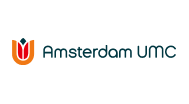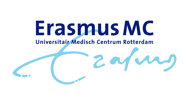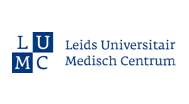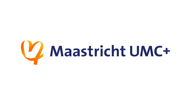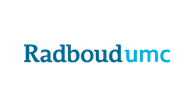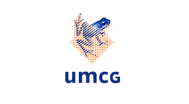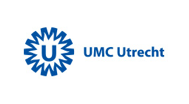Projects and initiatives and expensive medicines
To limit the strongly rising cost of medicines (especially expensive ones), the NFU is participating in various projects and initiatives.
Here are a few examples:
-
The NFU is a member of the steering group Horizonscan+ Medicines. Under the guidance of the National Health Care Institute, the umcs receive early notification of the entry of innovative medicines onto the Dutch market, and the possible consequences of this, so they can make plans to anticipate them. Consideration was also given to the broader implementation/use of the Horizonscan. Plus: should wider use be made of workgroups, for example when deciding which substances should be purchased and at what level (for market authorisation)?
-
We are involved in determining the further development of the ‘vault’ of the Ministry of VWS and what substances should be in it. New medicines used in umcs (intramural medicines) are usually placed in the basic insurance package without special agreements/ price arrangements. But the Minister for Medical Care can decide to keep new substances temporarily out of the package, because of their high price, or place them in the ‘vault’. In the meantime the National Health Care Institute can make a recommendation about whether or not to include them in the basic package. And the Minister can negotiate with the manufacturer about the price. Based on data from the Horizonscan Medicines, the Minister decides which medicines must be put in the vault. This concerns medicines or treatments being used for medical-specialist care within hospitals. These are medicines with extremely high treatment costs per patient or whose total cost per year can increase greatly if they are used for many patients.
-
Together with ZonMW the NFU analyses the medicine authorisations and the associated role of the umcs.
-
The umcs undertake a range of initiatives to scale up the effectiveness of medicines.


